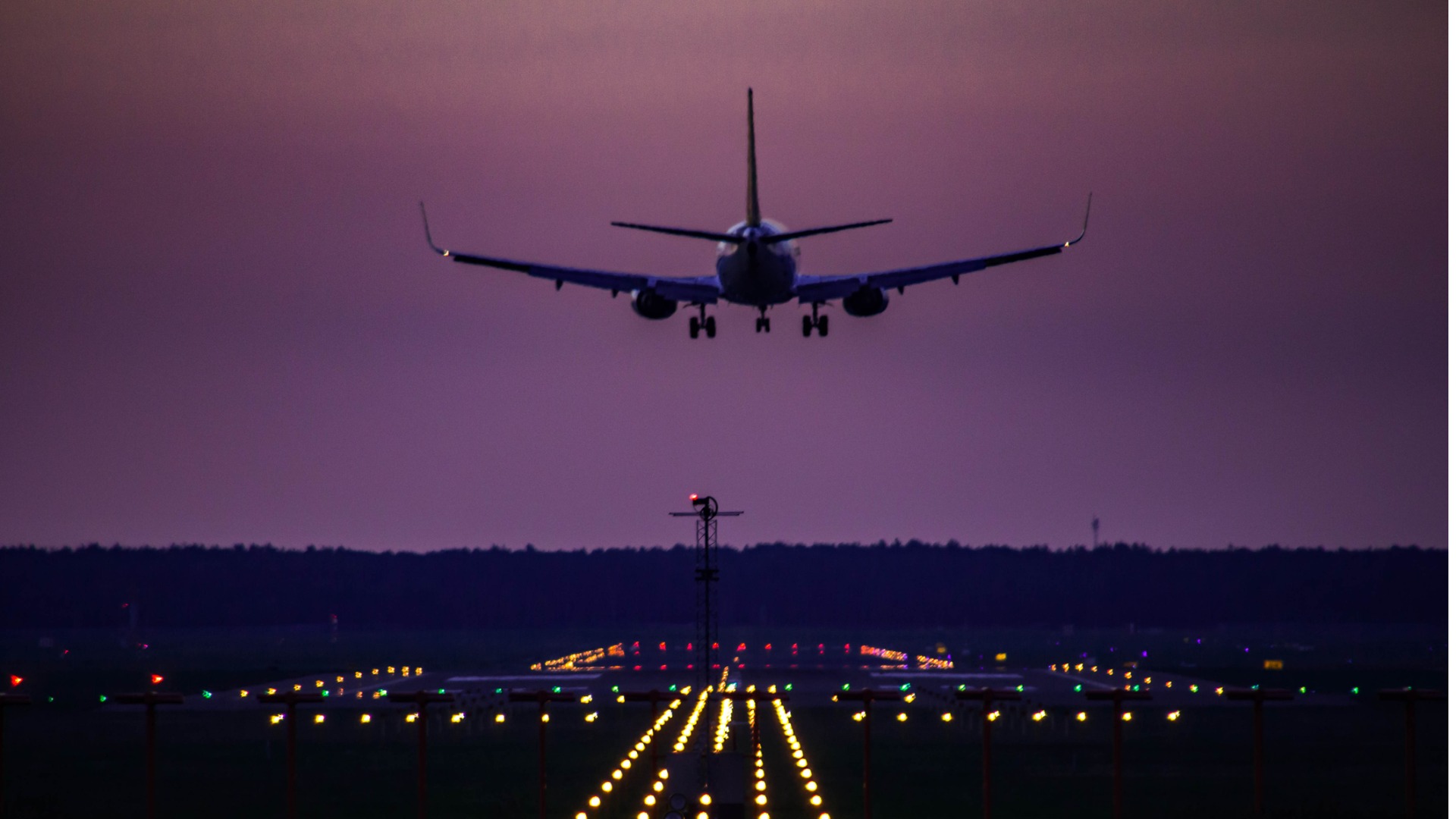What is airworthiness and why is it important?

When a passenger boards an aircraft, they want to feel confident that everything has been checked for safety. As Satair’s Julika Kerres explains, there is a robust regulatory system – known as "airworthiness" – in place to ensure that an aircraft and all of its parts are 'airworthy'.
Would you set foot in an aircraft that hadn’t been deemed safe to fly? Of course not. When we board an aircraft, we assume that it has been thoroughly inspected and deemed safe.
Luckily, this assumption is correct. Aviation safety is highly regulated and all organisations that design, produce, operate or maintain an aircraft or individual aircraft part must follow these regulations. A complicated set of requirements ensures that an aircraft and its parts are always airworthy – from the initial design stage through regular operation.
Airworthiness is based on strict legal requirements
But what does ‘airworthy’ actually mean? Satair training services manager Julika Kerres said that airworthiness is based on a number of legal requirements.
“Airworthiness means all of the processes ensuring that, at any time in its operating life, the aircraft complies with the airworthiness requirements in force and is in a condition for safe operation,” she said.
There are two stages of airworthiness in the aviation industry. The first, initial airworthiness, covers everything involved in the design and production phases.
In order to design an aircraft or aircraft part, a company must be a 21J-approved company. This means that it has received a Design Organisation Approval (DOA) that complies with Part 21, Subpart J of the airworthiness regulations of the European Union Aviation Safety Agency (EASA). The design must also live up to the EASA’s CS-25 certification specifications for large aircraft. These regulations are an important first hurdle to clear.
“Both sets [of regulations] make sure that the part meets its type design and can go into production,” Kerres said.
Once the design has been approved, the production process can only be carried out by a 21G organisation, meaning that the company in question has lived up to Part 21, Subpart G of the EASA regulations. The production has to be based on a design or drawing of a 21J organisation.
'Continuing airworthiness' – the second stage of airworthiness
The second stage of airworthiness begins as soon as an aircraft or part leaves the manufacturing site for the first time. From then on out, aircraft and parts must live up to continuing airworthiness requirements.
There are regulations that pertain to the operations and aircrews, as well as to all maintenance activities. According to Kerres, material management organisations must follow “a whole set of rules” related to continuing airworthiness.
Part M of the EASA regulations ensures that an aviation maintenance firm is certified as a Continuing Airworthiness Management Organisation, a so-called CAMO. A Part 145 company is a maintenance company that has been approved to execute specific tasks on a specific aircraft. Part 66 rules apply to the qualifying maintenance personnel who sign off the release certificates, and this maintenance personnel can only be trained by a company that has been certified under Part 147 of the EASA regulations.
Airworthiness and airworthy aircraft parts are, admittedly, all rather complicated. But that’s the point, as Kerres explains in the video below.
“Airworthiness might seem a little complex but its regulations are absolutely essential to protect our business and to make sure that safety is given throughout the whole life cycle and supply chain,” she said.
Key Regulatory Standards and Roles within Airworthiness
- EASA Part M: Governs CAMOs (Continuing Airworthiness Management Organizations), responsible for managing the ongoing airworthiness of aircraft.
- EASA Part 145: Pertains to organizations approved to carry out maintenance, ensuring all work is performed in accordance with the correct standards.
- EASA Part 66: Defines the requirements for maintenance personnel qualifications.
- EASA Part 147: Ensures proper training of maintenance staff who sign off on inspections and maintenance tasks.
Importance of Airworthiness Compliance
For aviation professionals, understanding and adhering to these regulations is non-negotiable. Aircraft and parts are routinely inspected, maintained, and certified to ensure safety, and any deviation from these strict guidelines can result in grounding aircraft, legal liabilities, or worse, endangering lives.
Additionally, airworthiness compliance can have financial implications. Non-compliance may result in delays, loss of certification, or penalties that could affect the operation and profitability of an airline or MRO (Maintenance, Repair, and Overhaul) provider.
How Does Airworthiness Impact Day-to-Day Operations?
For professionals in the field, airworthiness impacts daily operations in multiple ways:
- Maintenance Scheduling: Aircraft maintenance schedules are dictated by airworthiness directives and requirements, influencing operations planning and resource allocation.
- Component Tracking: Aircraft components must be traceable throughout their lifecycle. From design to disposal, airworthiness ensures that every part meets standards, often through stringent documentation and inspection regimes.
- Safety and Compliance Audits: Regular audits and inspections are critical to ensure ongoing compliance with airworthiness regulations. These audits help prevent non-compliance issues, accidents, or unplanned downtime.
Future of Airworthiness
The aviation industry is evolving, with advancements in materials, technology, and AI. Newer aircraft with more sophisticated systems demand even stricter airworthiness standards, integrating data-driven solutions for predictive maintenance and compliance monitoring. These advancements are expected to reduce downtime and enhance safety further, although they will require ongoing training and adaptation for professionals involved in airworthiness management.
Final Thoughts
Airworthiness is the foundation of aviation safety and operational integrity. From design to daily operations, compliance with airworthiness regulations ensures that aircraft remain safe and reliable. For professionals in the aviation industry, a thorough understanding of both initial and continuing airworthiness is essential for maintaining the highest standards of safety, efficiency, and performance.